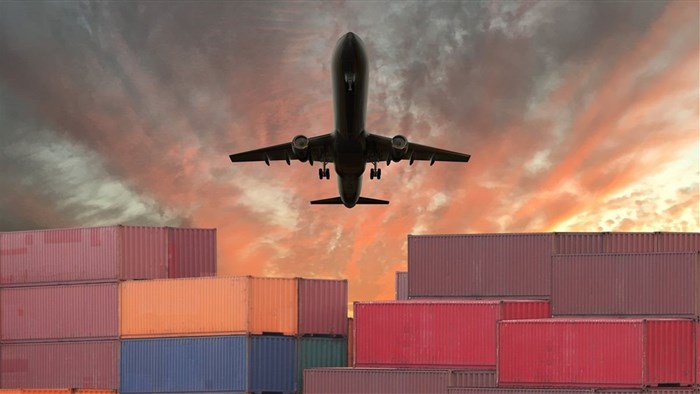A new concept, cargo loyalty, has emerged within retail and related marketing, and all evidence suggests it is already helping to lift the ailing aviation industry off its knees. A leading independent customer relationship management company, LoyaltyPlus, says aviation has taken a serious hammering from the global Covid-19 pandemic and is looking at various ways to encourage business.
Cargo loyalty is being discussed as a credible means of doing just that.
Online research shows that aviation is leaning on air freight and cargo to make up for the impact of lockdowns on conventional passenger air travel. A report published by Simpleflying.com notes that cargo has always played a key role in commercial air travel, but the pandemic has changed the picture and replaces routes (business) lost. Today, airlines have cargo and air freight firmly in the middle of their revenue radars!
Travelstart highlights several lessons that consumers should be aware of, based on an increasing demand for information – most notably that cargo flights and repatriations are the only exceptions when it comes to the Covid-19 lockdown.
In South Africa at least, cargo flights are considered an essential service, this means an increase in demand, which in turn means an opportunity for airlines to make up for lost revenue.
Communication channel consistency
Aviation-focused online media confirms how loyalty programmes are now intrinsically part of cargo transport. Iagcargomagazine.com states that reward schemes now offer benefits like cargo credit and reward flights for businesses.
The magazine warns of the need to keep loyalty scheme communication consistent and effective, a message that LoyaltyPlus strongly endorses.
Internationalairportreview.com details the financial impact that Covid-19 has had on the air cargo industry. In May of 2020, it reported that the air cargo capacity was down by 35%, globally, only 20% of belly cargo was still flying, and that freighters capacity had been stable for several weeks prior to the report.
LoyaltyPlus underlines a direct quote used by the website: "Even during the full closure of airports to passenger traffic, a substantial share of airport and airside infrastructure remains open, which means that the overall cost base for operations remains almost the same, as most airports costs are fixed."
Travelstart quoted the International Air Transport Association (IATA) as having said that Africa airlines could lose over R74bn in 2020.The pressure is on, says LoyaltyPlus, for airlines to avoid financial pain and serve loyalty programmes adapted to the unfolding situation.
What does this mean for the air passenger? They have the opportunity to take advantage of benefits like a free date change, ticket suspension (subject to fare classes and airport taxes).
Transaction-based marketing
LoyaltyPlus focuses on a piece by link.springer.com which reflects on the combination of transaction marketing and relationship marketing, and what this means for air freight and the role of loyalty programmes.
"This indicates that transaction-based marketing can support a relationship structure with the aim to nurture customer loyalty in business-to-business freight markets. In contrast to theoretical notions and contradictions between simultaneous competition/cooperation and interdependence/dependence of customers and service providers.
"We show that managers of freight and logistics companies should embrace the coexistence of TM and RM approaches and develop strategies that value long-standing transactional customers as they provide opportunities to create effective customised solutions,"' the site explains.
Ultimately, cargo loyalty has emerged as the front-line of commercial travel and the principal revenue model. LoyaltyPlus acknowledges that only time will tell when air travel will return to full normality, but until then cargo loyalty will likely ensure that the industry can withstand socio-economic turbulence.


















































